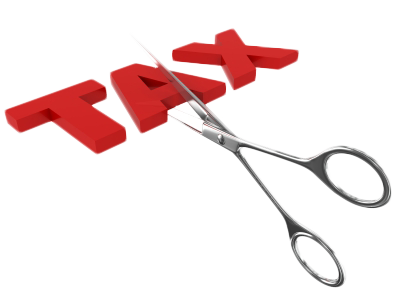GST - A Brief Overview

| Particulars | Centre | State |
|---|---|---|
| Taxes to be subsumed under GST that finds a mention in the Constitutional Amendment Bill | Central Excise Duty (CENVAT) Additional Excise Duties Service Tax Additional Custom Duty in the nature of countervailing duty Special Additional Duty of Customs Surcharges and Cess that relate to supply of goods and services | Sales Tax (VAT) Central Sales Tax (levied by Centre) Entertainment Tax (unless levied by local bodies) Purchase Tax Octroi & Entry Tax in lieu of Octroi Luxury Tax State Surcharges and cesses that relate to supply of goods and services Taxes on lottery, betting and gambling |
| A few other taxes that may be subsumed. | Cess on rubber, tea, coffee, etc. Surcharges (National Calamity, Education Cess, etc.) | State Excise Duty. (Except Liquor) |
| Taxes on items to be subsumed under GST in due course by GST Council. | Petrol and Petroleum Products. | Petrol and Petroleum Products. |
| Taxes that would be definitely kept out of GST. | Basic Customs Duty, Anti Dumping Duty Export Duty. | Alcoholic liquor for human consumption. |
| Taxes that are unlikely to be subsumed in GST. | Excise Duty on tobacco products Specific Cess Specific Central Cess like education and oil cess. | Property Tax, Tax on consumption of Electricity Stamp Duty. |

GST Highlights

Key Highlights of GST
GST Compliance & Services
